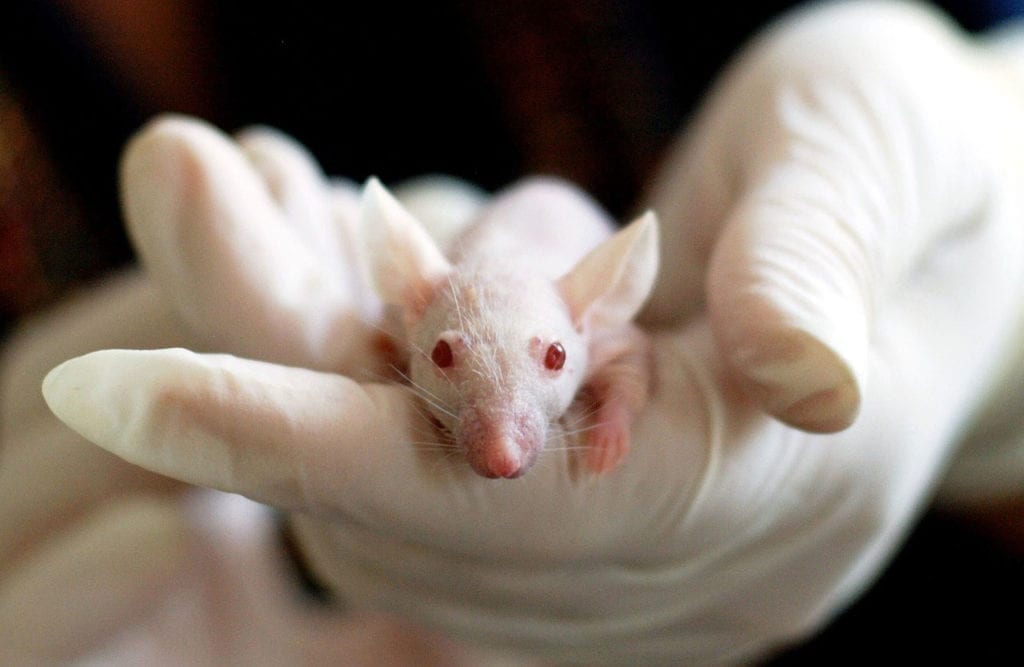According to a story from scienmag.com, a pair of five year grants that were awarded to Dr. Mark Zylka will go towards projects focused on autism and the rare disease Angelman syndrome. The projects will include both research and treatment development. Dr. Zylka is affiliated with the UNC Neuroscience Center. The two grants were awarded by the National Institutes of Health and are worth $6.1 million. One of the projects will focus more specifically on the creation of a gene therapy for Angelman syndrome utilizing CRISPR/Cas9 technology.
About Angelman Syndrome
Angelman syndrome is a type of genetic disorder that impacts the nervous system. This disorder is not inherited from parents, but instead occurs as a spontaneous genetic alteration, typically the deletion of a segment from chromosome 15 called UBE3A. A mutation of this gene can also caused Angelman syndrome. Symptoms of this disorder can include seizures, developmental delays, a small head, an excited and happy demeanor, trouble with balance and movement, intellectual disability, and speech issues. Patients may share certain facial characteristics. Symptoms become noticeable at about one year old. Treatment is supportive and symptomatic, and there is currently no cure. Patients have a strong desire for social interaction, and despite limited language are able to understand much of what is happening around them. Life expectancy is generally close to that of an unaffected person. To learn more about Angelman syndrome, click here.
CRISPR Gene Therapy
One of the grants was given not only to Dr. Zylka but also Dr. Ben Philpot, who serves as associate director of the center. The manner in which the UBE3A gene is impacted to cause Angelman involves the improper function of the gene from the mother; meanwhile, the copy from the father is shut off. However, in theory, if the father’s copy could be sprung into action, it could take the place of the defective copy. Dr. Zylka’s goal is to utilize the gene editing capabilities of CRISPR to turn on the paternal copy of the gene; this would effectively be a cure for the disorder.
If this project is successful, it could herald a major breakthrough for the treatment of Angelman syndrome.







